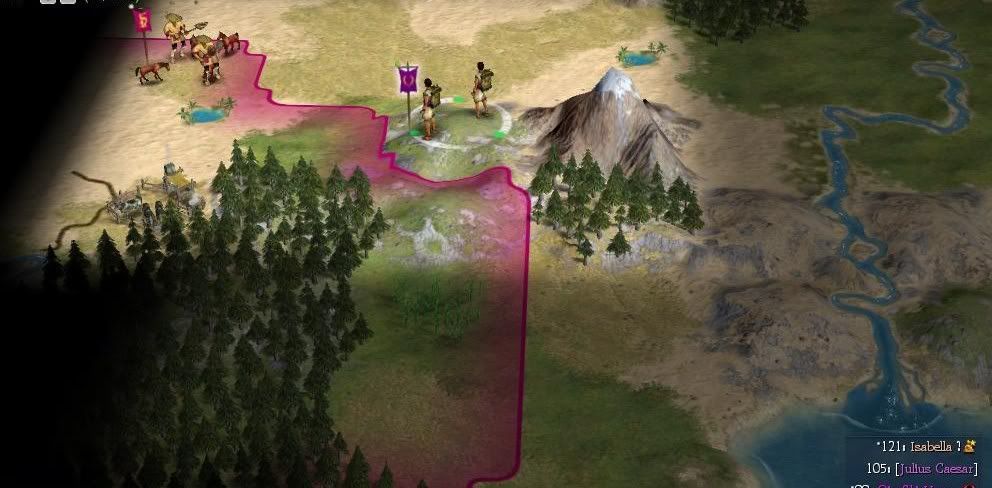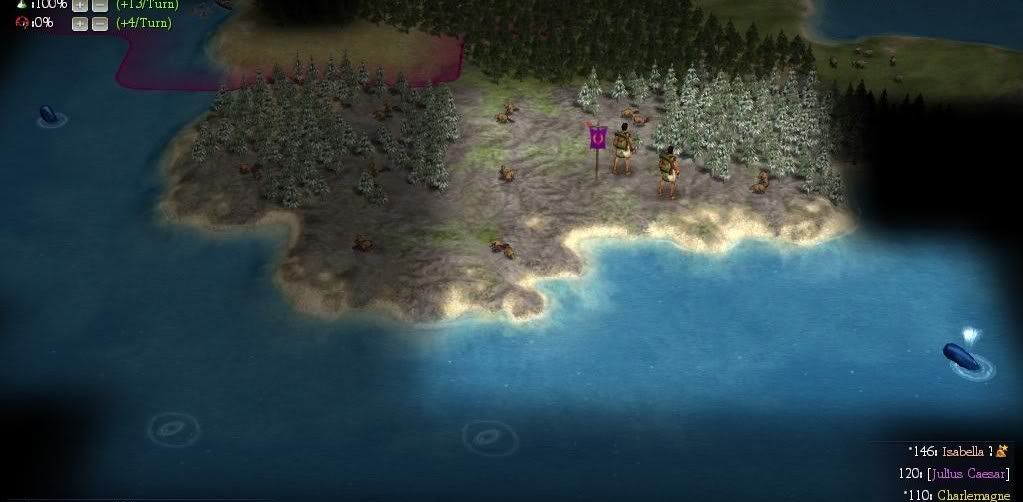What is civilization? Where are its limits? Do the mere trappings of the civilized life define it? Or is there something more fundamental about the Roman separating him from the savage? If a dog shall learn to eat with a knife and spoon, shall it cease to be a dog and become a man? Or is there a deeper quality which defines us?
West of the banks of the Po, in a small oasis amidst a gap in the mighty Alps, our Roman scouts encountered representatives of a strange and alien people who call themselves “Chinese”. They appear to live in cities and work the land like Romans, but speak an indecipherable tongue, and follow strange and barbaric customs which bear no resemblance to the true Roman way of life.

Caesar is vexed by their presence. To intermingle with Italian tribesmen who share a common ancestry with our forbearers, however far removed, is one thing. To share our world with those who do not even share our common roots is quite another. Further complicating matters are the cold but fertile lands our scouts have discovered south of the Chinese holdings. The forests and tundra of southern China teem with fur-bearing animals, and the icy waters off the coast are inhabited by massive beasts, the flesh of a single one of which could feed a division of Roman warriors for months.

Our scouts have now mapped the extent of the Chinese territory; in the coming decades Caesar must find a way to apply the talents, such as they are, of the Chinese people to the glory of Roman development—or seek an alternative course of action.



No comments:
Post a Comment